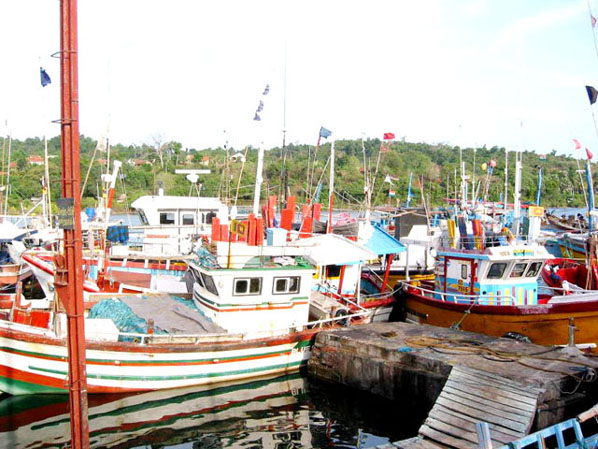Doubts over Sri Lanka's pledges
“Most of [Sri Lanka’s] deficit reduction plans hinge on turning around loss-making state ventures hampered by subsidy schemes, mismanagement and an infamously intractable corps of bureaucrats.”
Public sector resistance to the government’s proposed economic reforms, and poor government follow-through, “could put the [proposed] changes at risk, and leave potential foreign investors still wary of Sri Lanka as a destination," Reuters reports.



